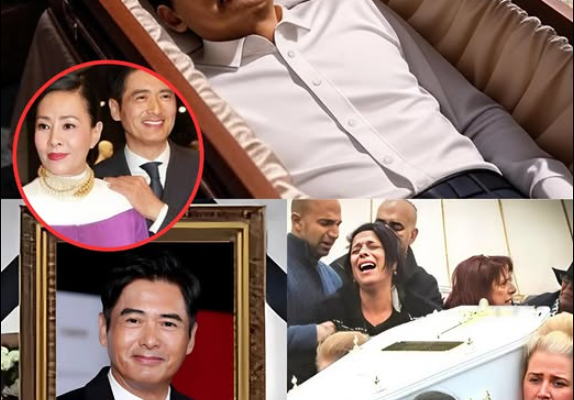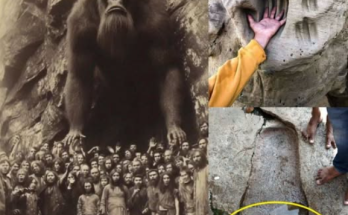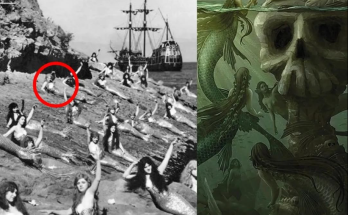Home Uncategorized VERY SAD NEWS: 30 minutes ago, the Wife of “God of Gamblers” Chow Yun Fat suddenly spoke up about his current condition, he has… – hgiang
The silence that once surrounded one of Asia’s most respected actors has been broken. Just half an hour ago, Jasmine Tan — the wife of legendary Hong Kong actor Chow Yun Fat — revealed the heartbreaking truth about her husband’s condition. Known affectionately as “Fat Gor” and immortalized by his role as Ko Chun in God of Gamblers, Chow is not only a cinematic icon but also a cultural bridge, admired from Hong Kong to Hollywood.
But today, the story is no longer about his dazzling career or his trademark charisma. It is about his battle against time, illness, and fate. And for millions of fans, this moment feels like a cruel reminder that even the strongest heroes are human.
The Rise of a Legend
Chow Yun Fat’s story has always been a cinematic one, even off-screen. Born in 1955 on Lamma Island, he grew up in poverty. His family lived in a modest farming village, and as a young boy, Chow would often help his mother sell peanuts and oil to make ends meet. Unlike many who are born into privilege, he knew struggle intimately.
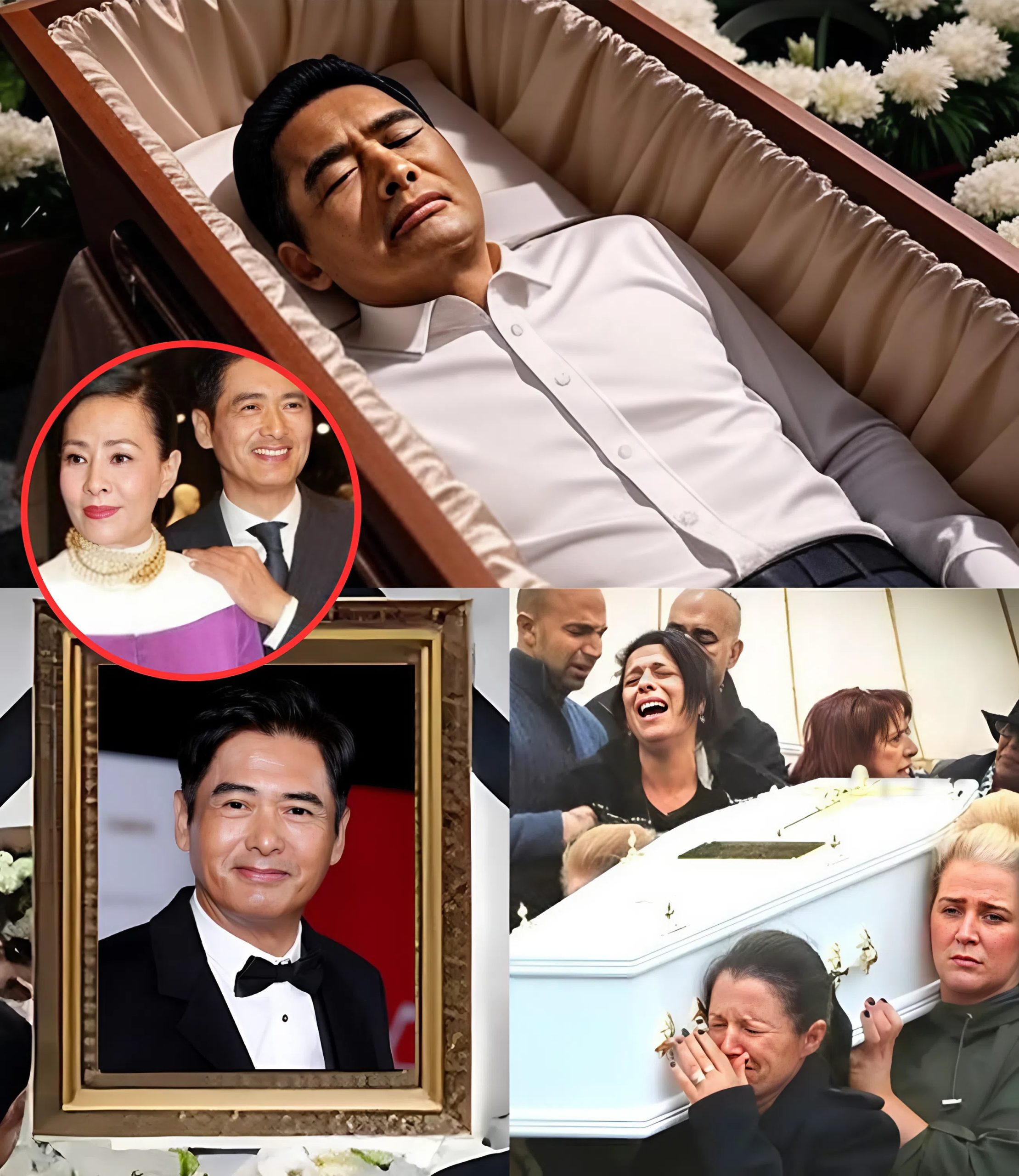
This difficult childhood, however, shaped his humility and resilience. When he joined TVB’s artist training program in the 1970s, few could have predicted he would become a global superstar. Yet his raw talent, combined with a presence that was both magnetic and deeply human, set him apart.
By the 1980s, he was Hong Kong’s most bankable star. Films like A Better Tomorrow (1986), directed by John Woo, not only made him a household name but also transformed Hong Kong cinema itself. His portrayal of Mark Gor — the trench-coat-wearing antihero with two pistols — created a new archetype in Asian action cinema, one that Hollywood would later try to imitate.
But his true global breakthrough came in 2000 with Crouching Tiger, Hidden Dragon. The film swept across the world, earning four Academy Awards and placing Chow in the pantheon of international actors. His performance as Master Li Mu Bai was not just a martial arts spectacle but also a meditation on love, honor, and sacrifice.
The Humble Superstar
Unlike many of his peers, Chow never allowed stardom to transform his personality. Despite being one of the most recognized actors in Asia, he famously rode public buses, ate at street food stalls, and carried a simple flip phone long after smartphones became the norm.
In 2018, when the world learned that he planned to donate his entire $700 million fortune to charity, people were stunned. In an industry often defined by extravagance, he remained grounded. His philosophy was simple:
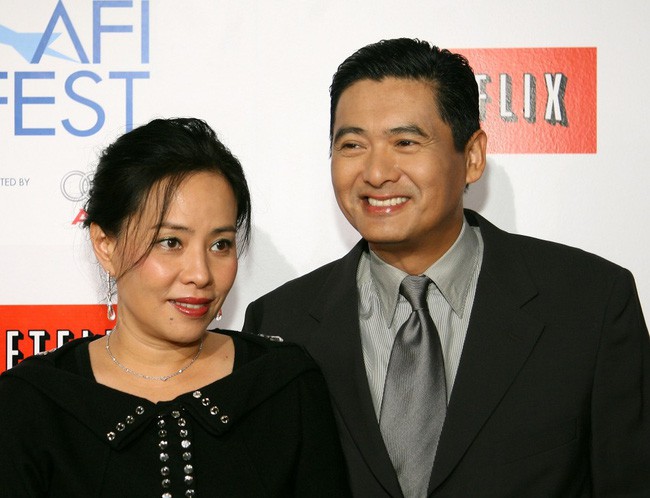
This humility is what makes the current revelation so heartbreaking. Fans are not just worried about an actor they admire; they are grieving for a man who became a symbol of integrity, kindness, and simplicity in a world obsessed with wealth and fame.
The Revelation That Shook Millions
Today, Jasmine Tan’s emotional statement confirmed what many had feared: Chow Yun Fat is facing a serious medical condition. She did not disclose the exact diagnosis, but her words carried a weight that left no room for doubt.
“My husband has always been strong, not only in his movies but in his life. But this time, he faces a challenge that even he cannot overcome alone. He never wanted pity, only love and respect. And now, he needs the strength of those who have admired him for so many years.”
The news spread instantly across Asia. Within minutes, Weibo and other social media platforms were flooded with millions of posts. Fans began sharing clips of Chow’s most iconic roles — his duel in Crouching Tiger, his poker-faced brilliance in God of Gamblers, his gun-slinging swagger in The Killer. But more than his on-screen presence, fans shared stories of how his humility had touched their lives.
The Symbol of Hong Kong’s Golden Era
To understand the magnitude of this moment, one must understand what Chow represents for Hong Kong. In the 1980s and 1990s, as the city was at the height of its cultural influence, Chow became its most prominent face.
He was not just an actor; he was an embodiment of Hong Kong itself — resilient, stylish, full of contradictions, and always moving between East and West. His characters often reflected the struggles of identity, loyalty, and survival that resonated with audiences navigating a rapidly changing world.
